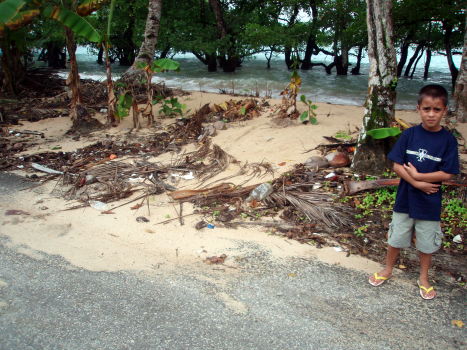In an article this week on the relentless rise of carbon dioxide in the atmosphere, I outlined one of the canonical projections of climate science: if the amount of carbon dioxide doubles, the average surface temperature of the earth is likely to increase by 5 or 6 degrees Fahrenheit, a whopping change. I contrasted that with a prediction from skeptics of climate change who contend that the increase is likely to be less than 2 degrees.
One major voice on climate science, Richard B. Alley of the Pennsylvania State University, told me he gets annoyed by the way this contrast is often presented in news accounts. The higher estimate is often put forward as a worst case, he pointed out, while the skeptic number is presented as the best case.
In fact, as Dr. Alley reminds anyone who will listen, and as he recently told aCongressional committee, the estimate of 5 or 6 degrees is actually mildly optimistic. Computer programs used to forecast future climate show it as the most likely outcome from a doubling of carbon dioxide, but those programs also show substantial probabilities that the warming will be much greater. More >>>









